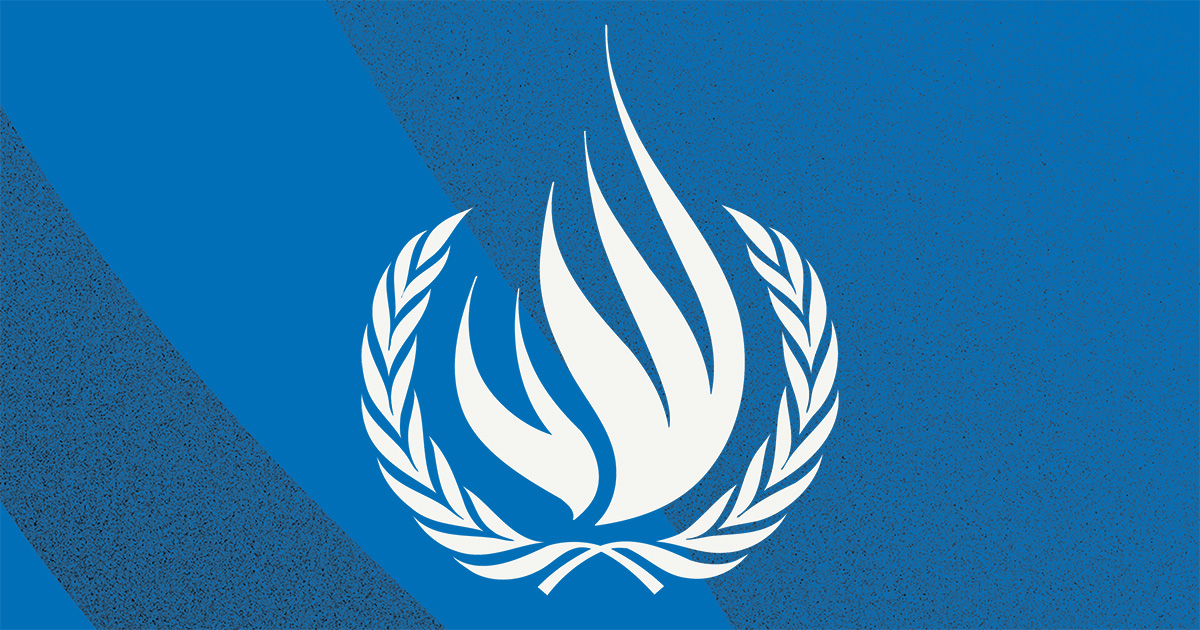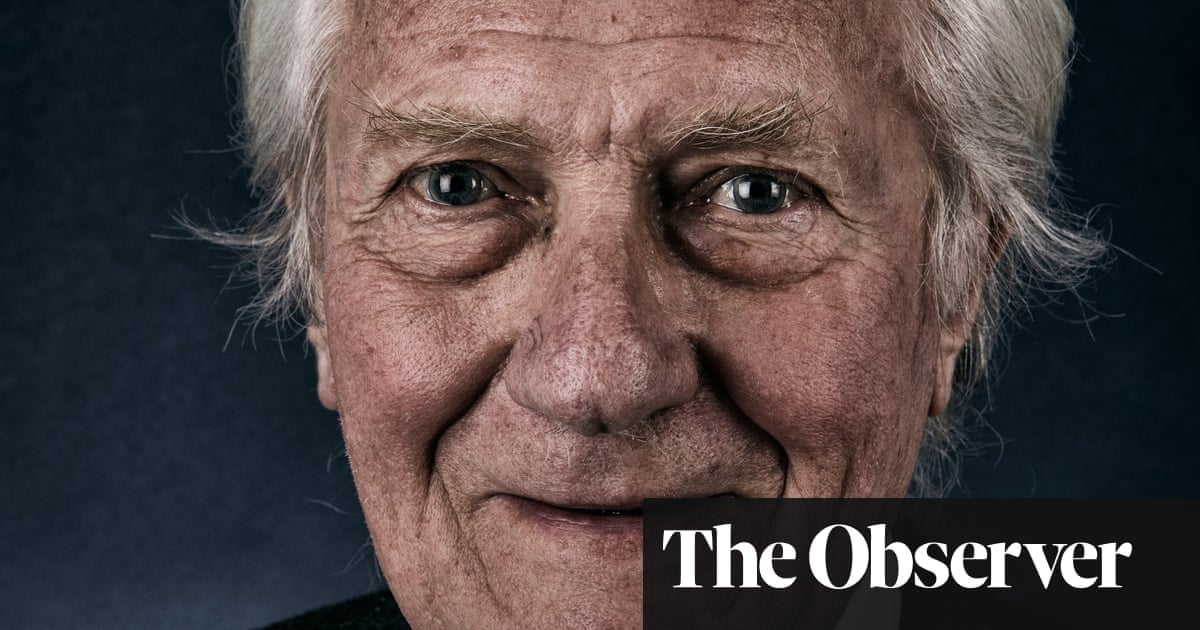
everal years ago, a charity shop worker in Hampshire had an epileptic seizure and fell into a shallow lake. Firefighters called to rescue him said they could not enter water higher than ankle deep because of health and safety rules. The man lay face down, drowning, while the firefighters measured the depth of the water with a pole.
He died, and everyone was aghast because it was so blindingly obvious that a set of generic regulations had blotted out all basic human instincts of rescue, of kindness, of common sense. When should rules be obeyed, and when should they be bent and broken? When should they be like solid, unbreachable walls, and when more like membranes, porous and yielding to the pressure of specific circumstances? When should we jump into that water?
Culture tends to celebrate the maverick acting alone, the heroic law-breaker, but healthy societies depend on laws and rules, many of which we need to obey unthinkingly, like a kind of muscle memory. Drive on the left, wash your hands between patients, put on your mask, have your vaccination (please!), pay your taxes, send your child to school; it seems acceptable to turn hard rules into soft ones, malleable and shaped to the intricate self.
However, while rules are clean, clear and sharp, life is messy, uncertain and made of blurred edges – which is why when others break rules it’s wrong, but when we break them it feels more justifiable, for we know the multiple ways in which they are unfair to our set of particular needs.
The Sky News presenter Kay Burley has been taken off air for six months because she broke coronavirus regulations during her 60th birthday celebrations: a group of 10 dined at two tables in a restaurant before moving on to another venue; four of them then went to her home. This breach matters because it blunts the integrity of Burley as a public figure who has held MPs to account during the pandemic.
Sky’s swift reaction contrasts with the government’s flagrant disregard for rule-breakers in its own ranks. It’s OK for the home secretary to be a workplace bully. It’s OK for the prime minister’s chief adviser to drive hundreds of miles in the middle of the first lockdown (indeed, it’s apparently what every good parent would do). It’s OK for the Duke and Duchess of Cambridge to travel to Scotland and Wales in the middle of the second. Meanwhile, in October, four students were fined £10,000 each for throwing a party… and they say we’re all in this together. This is how our faith in rules and in the common good is frayed and how in the end democracy crumbles.
Rules and laws limit and protect us. They exist within a context and they have their own culture. The ultra-conservative US supreme court justice Anthony Scalia believed that laws, not people, define a nation. But laws and rules are made for people; they have no value beyond serving the people, and if they no longer do that they become hollowed out, grotesque caricatures, finally ceasing to have any ethical value. They will not be obeyed, nor should they be. Rules are good until they are not good. We should follow them until we shouldn’t.
Recently, there have been too many regulations that have legitimised and bureaucratised inhumane behaviour. For example, a humanitarian crisis has been unfolding in care homes where for more than nine months relatives have been kept away from those they love. Tens of thousands of people have died and are still dying of loneliness and sadness. Window visits for blind people; masked social distancing when all that a person with advance dementia responds to is touch; end-of-life visits permitted only when the dying one has slipped into final unconsciousness and will never know that the person they have been calling out for and grieving for is finally there. Kafka should be living now.
“It’s the guidance,” says the care home managers. “It’s the guidance,” says the chief executive of the chain. “It’s the guidance,” says the government that makes the guidance. In the name of the law, the rule, the guidance, terrible things can be done. Look at the Windrush scandal, in which a generation of Caribbean immigrants who had helped to rebuild the country after the war were been subjected to an officially designated “hostile environment” policy that sought to deny them access to housing and education and even citizenship. Look at how we treat asylum seekers in this country, incarcerating traumatised young people in military barracks and watching them deteriorate, and turning employers who are required to provide correct immigration documentation into de facto agents of the state. Obedience is important; obedience can make us blind. Conformity is crucial to a functioning society, and conformity can turn us into monsters.
For rules to be followed, we need to believe that they exist for our own good and are applied fairly across the nation. Once that trust breaks down, they become ugly, like rusting scaffolding around a house that was long ago demolished. This corrosion of trust in rules and rule-makers set in long before the pandemic, but has intensified over this past wretched year, when corruption and hypocrisy have been normalised and the little people pay for the crimes of the arrogant and powerful.
I think I am reasonably law-abiding. If I knew I could get away with it, would I get on a train with Covid symptoms in order to get home, or drive all the way to Barnard Castle? No, because that would be plain selfish and wrong. Would I celebrate my 60th birthday in a restaurant with friends and then go home with three of them if I were a TV presenter? I probably wouldn’t – not because I thought it was wrong, exactly, but because of the way it looks. Shame helps keep us on the straight and narrow.
Would I – with a large house and garden, a family, money, a pension, a sense of safety – be angry if a young person alone in a flat with no garden, no job and no money, broke the rules? No; I would expect them to be angry with the likes of me.
Would I force my way into a care home that has a disgraceful blanket ban on visits, to sit by the bedside of a beloved with dementia, hold their hand? Yes, I would.
Would I, against government guidance, take an elderly relative from a care home out for Christmas? Yes, I would.
Would I, in a clear breach of regulations, enter the home of someone who was in despair if they needed me? Yes, I would.
Would I hug someone who was bereaved? Yes, I would.
Would I take illegal drugs, knock down the statue of a slave-trader after those with the power to remove it had refused to do so, smuggle an asylum seeker over a border? I would, I would, I would.
If our rule-makers and their rules are turning so many people into would-be rule-breakers, maybe it’s time to change the system, not punish the fact.
• Nicci Gerrard is an Observer journalist and a founder of John’s Campaign











